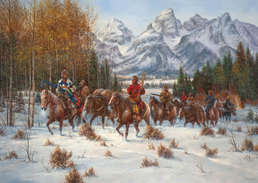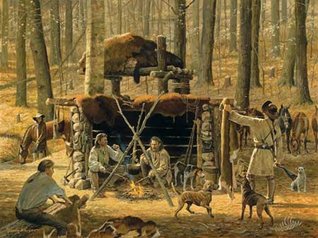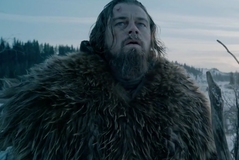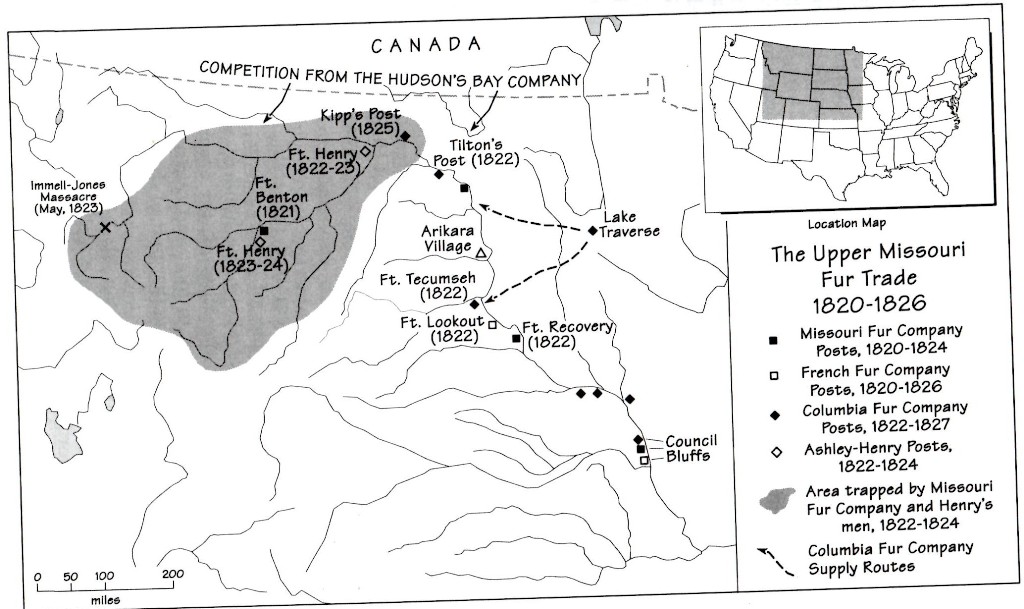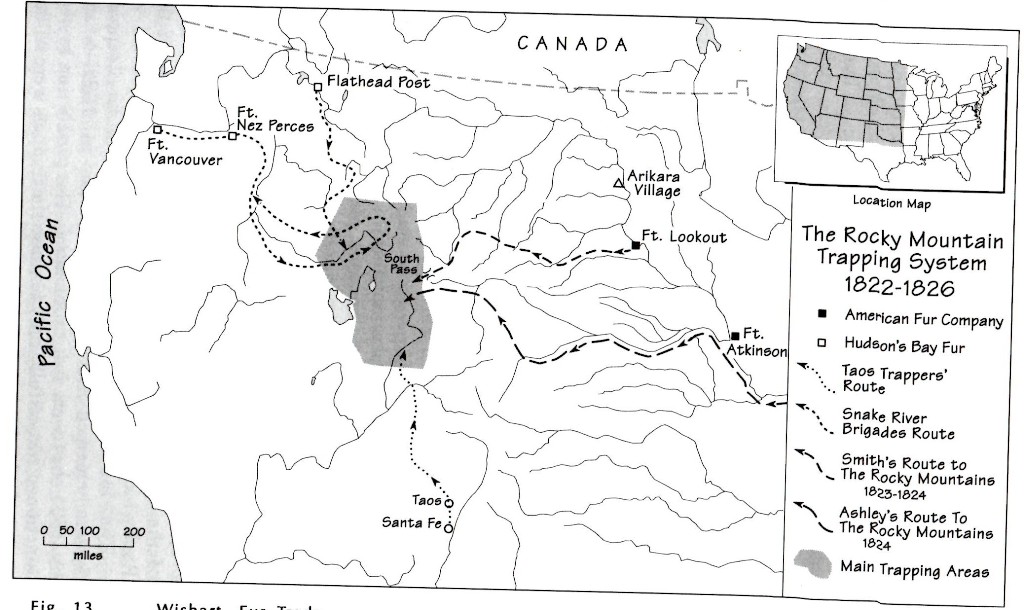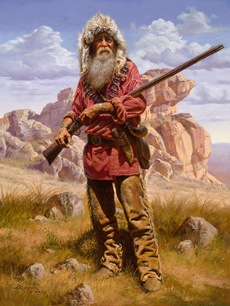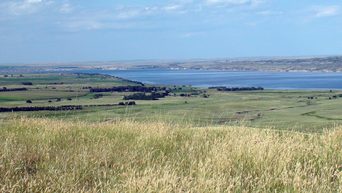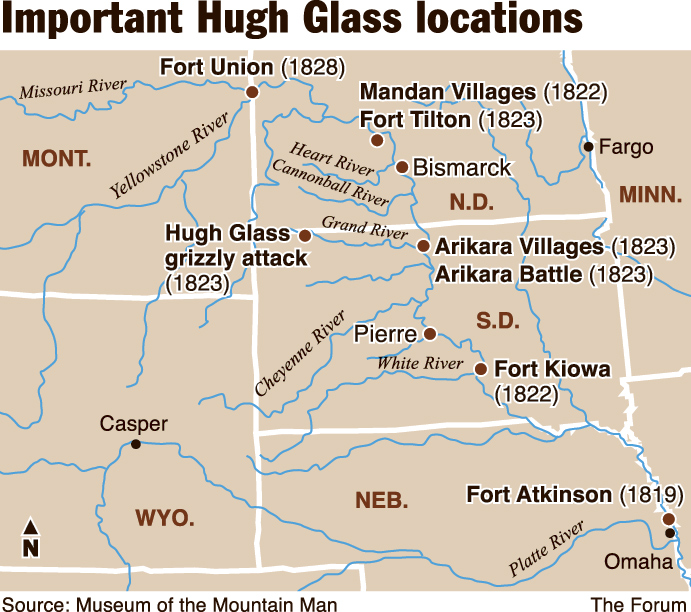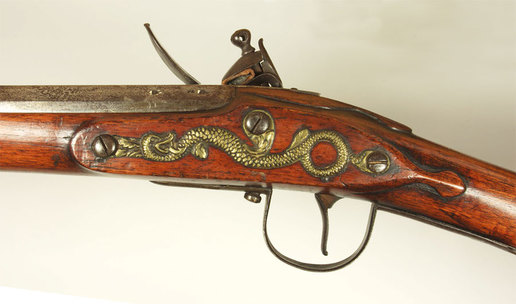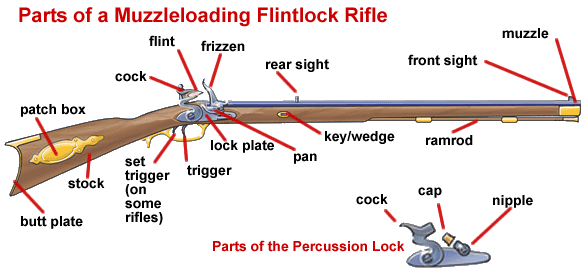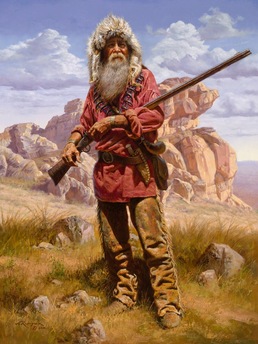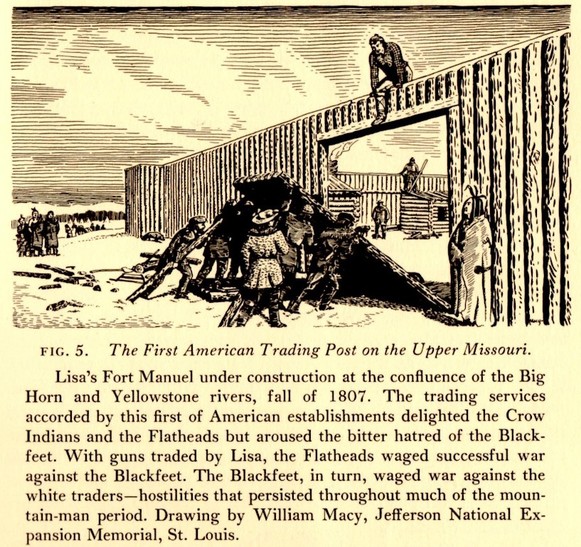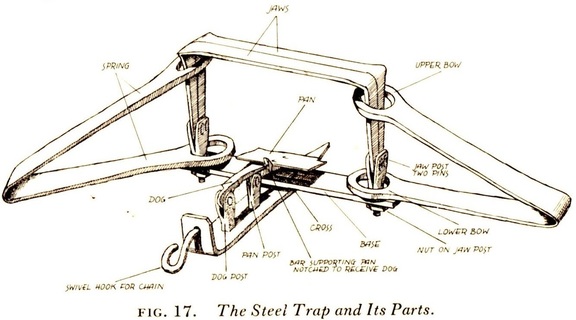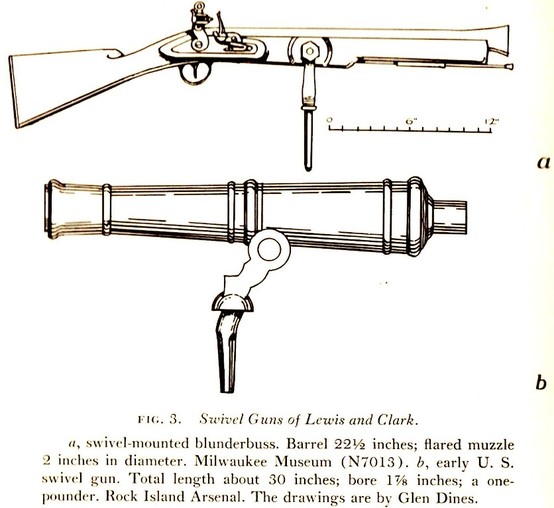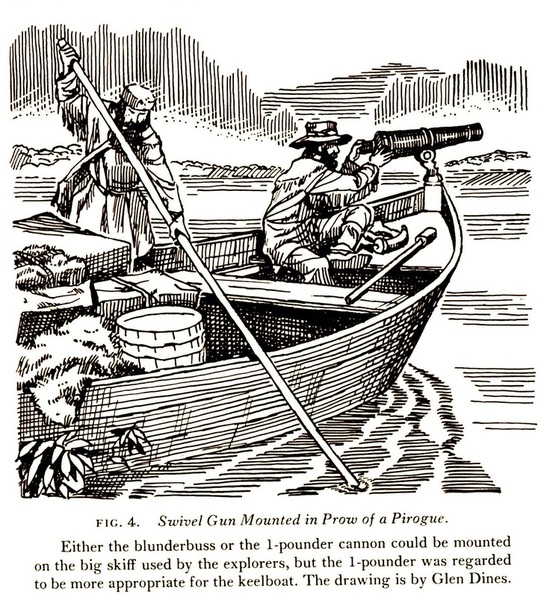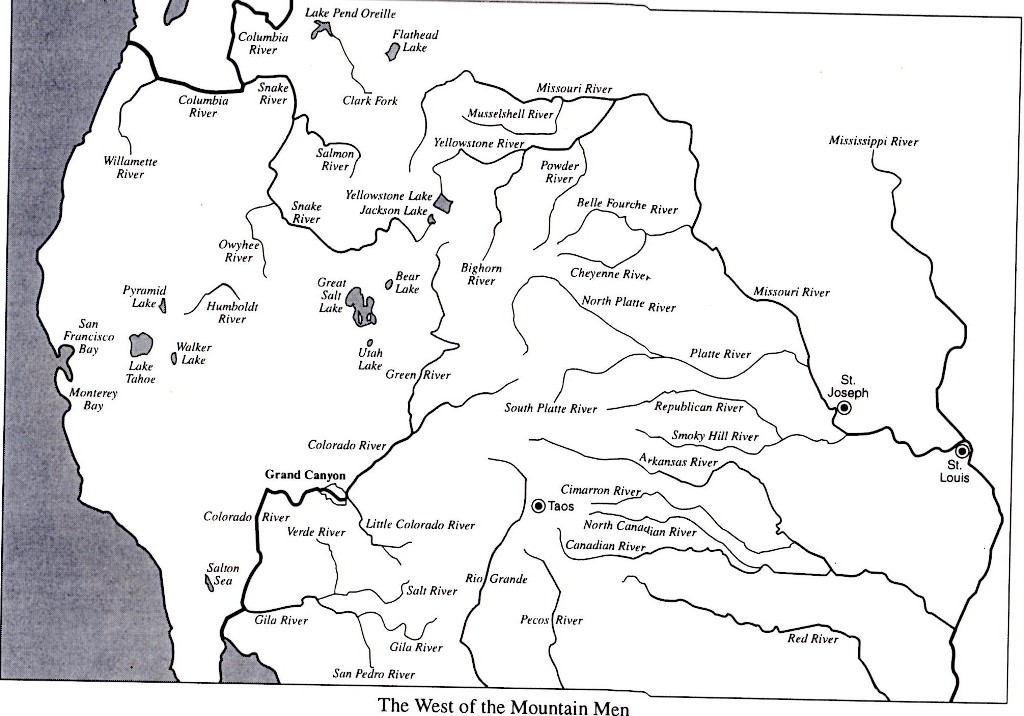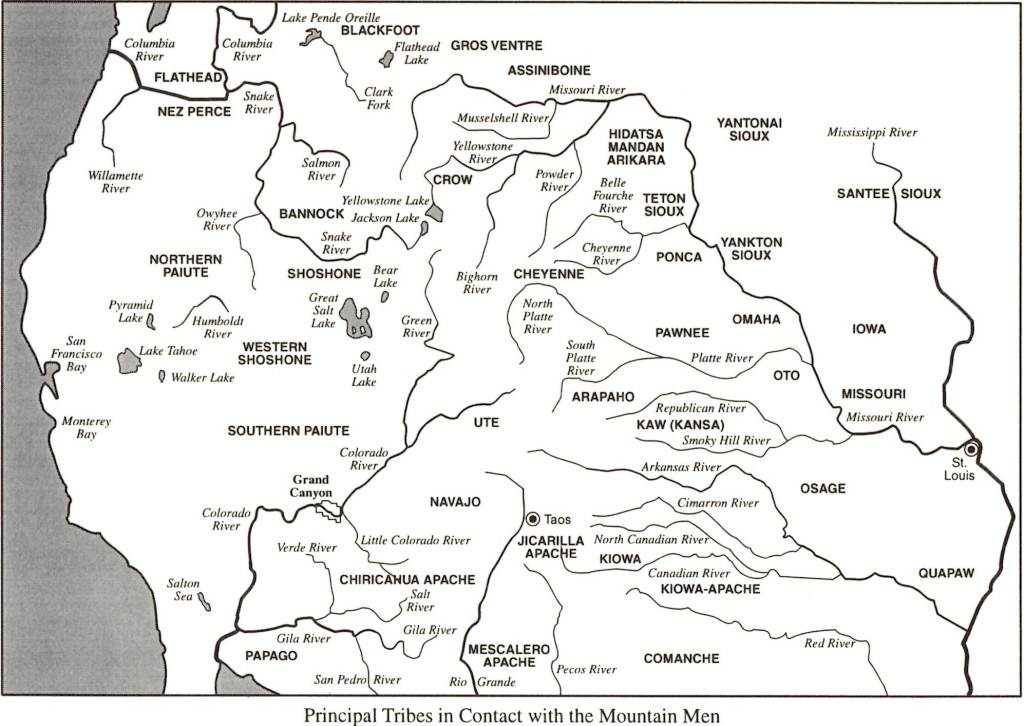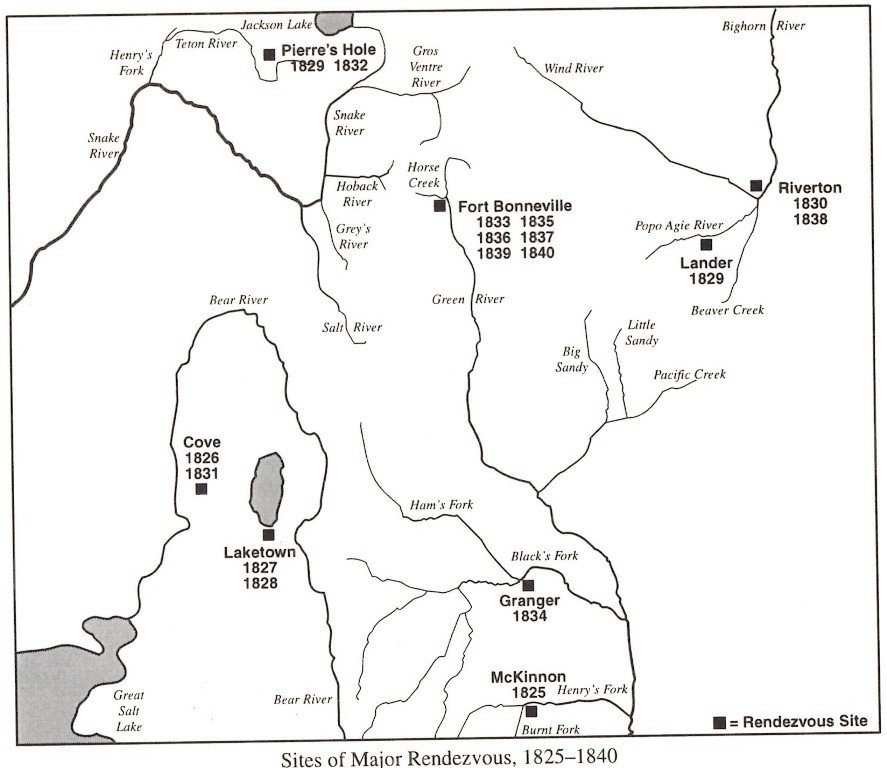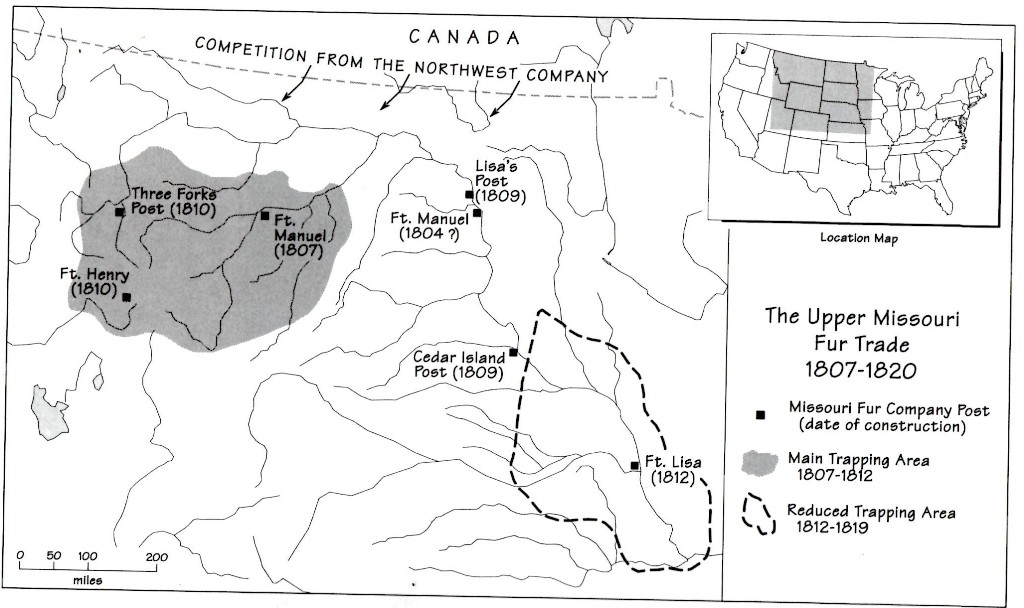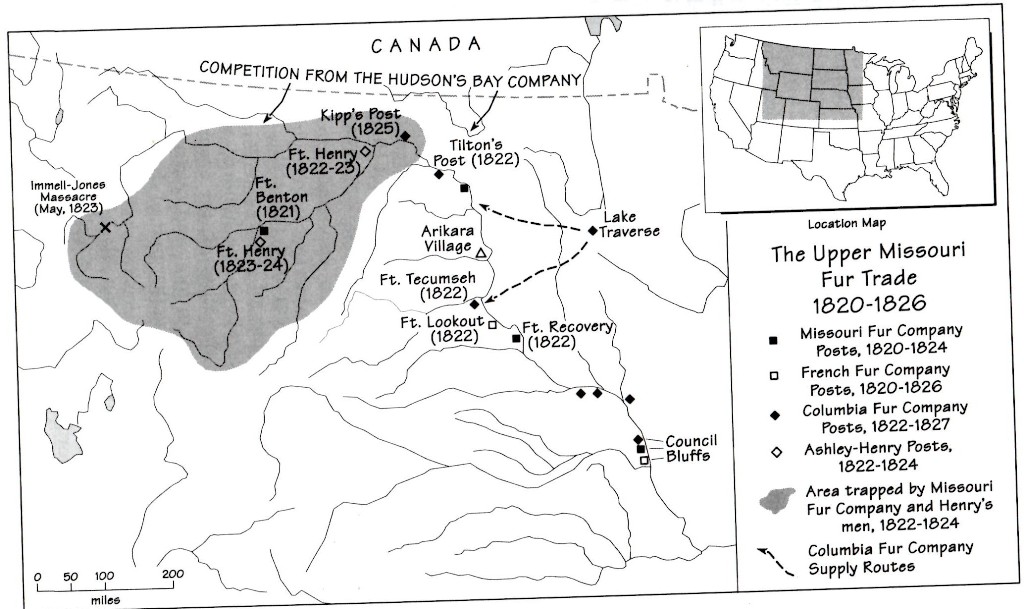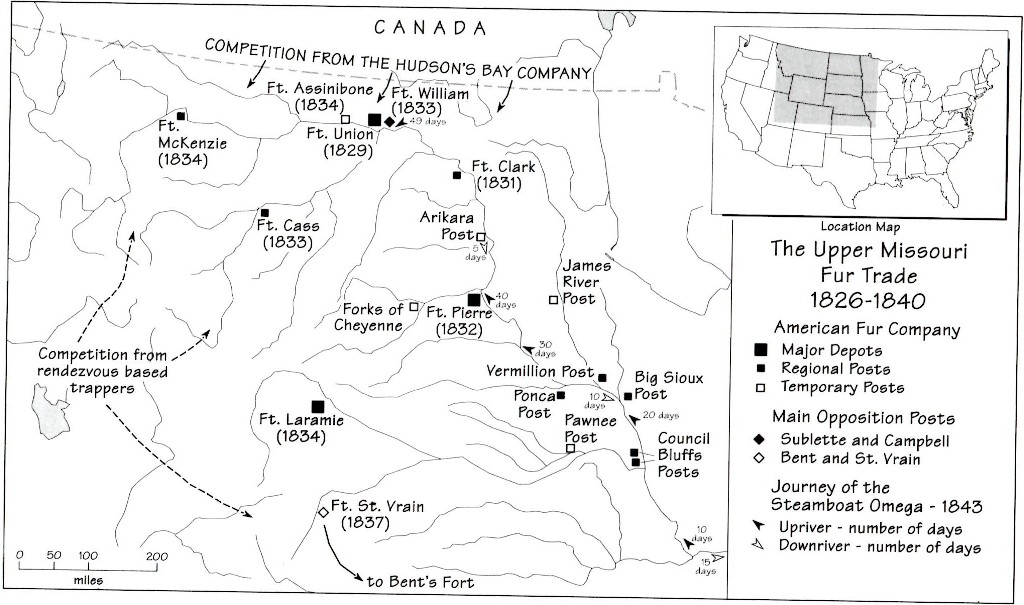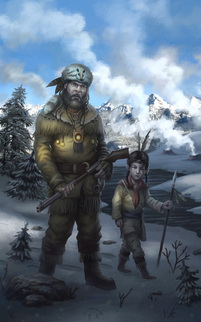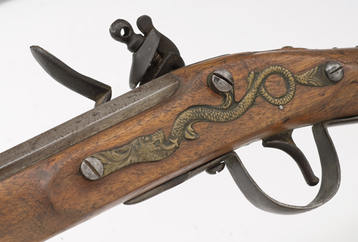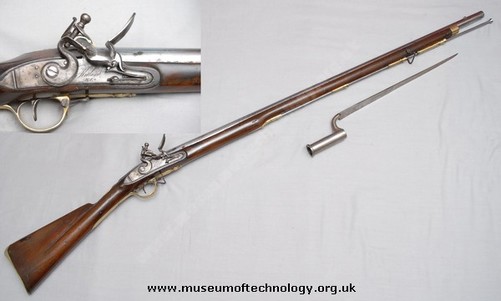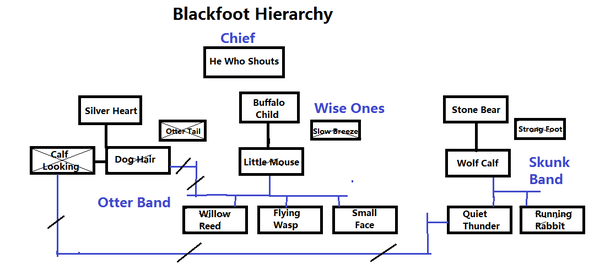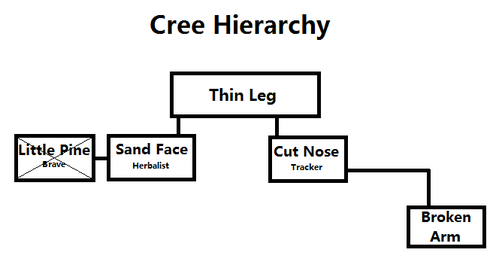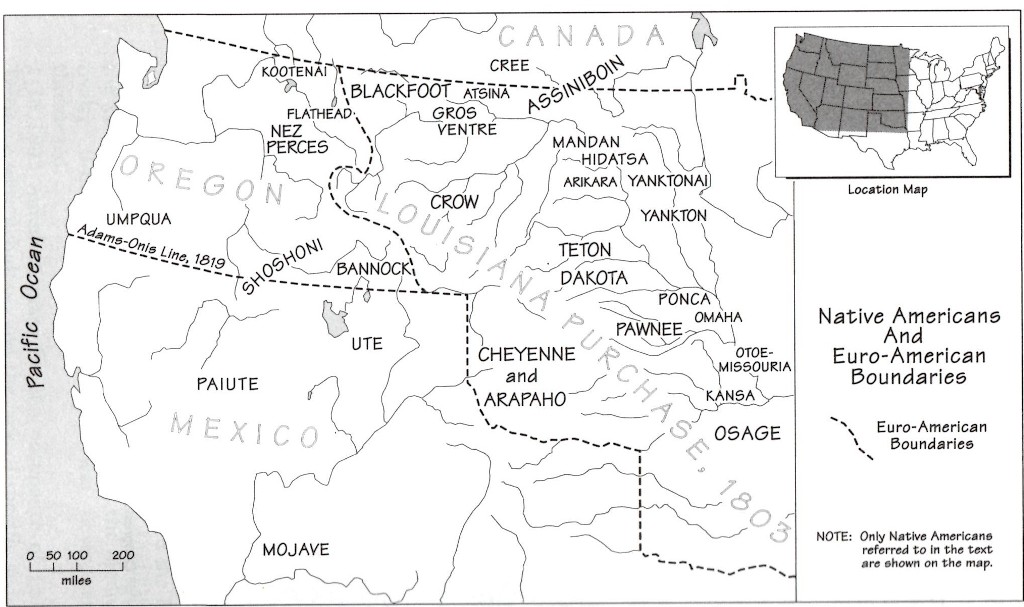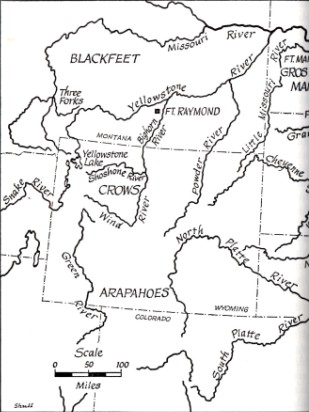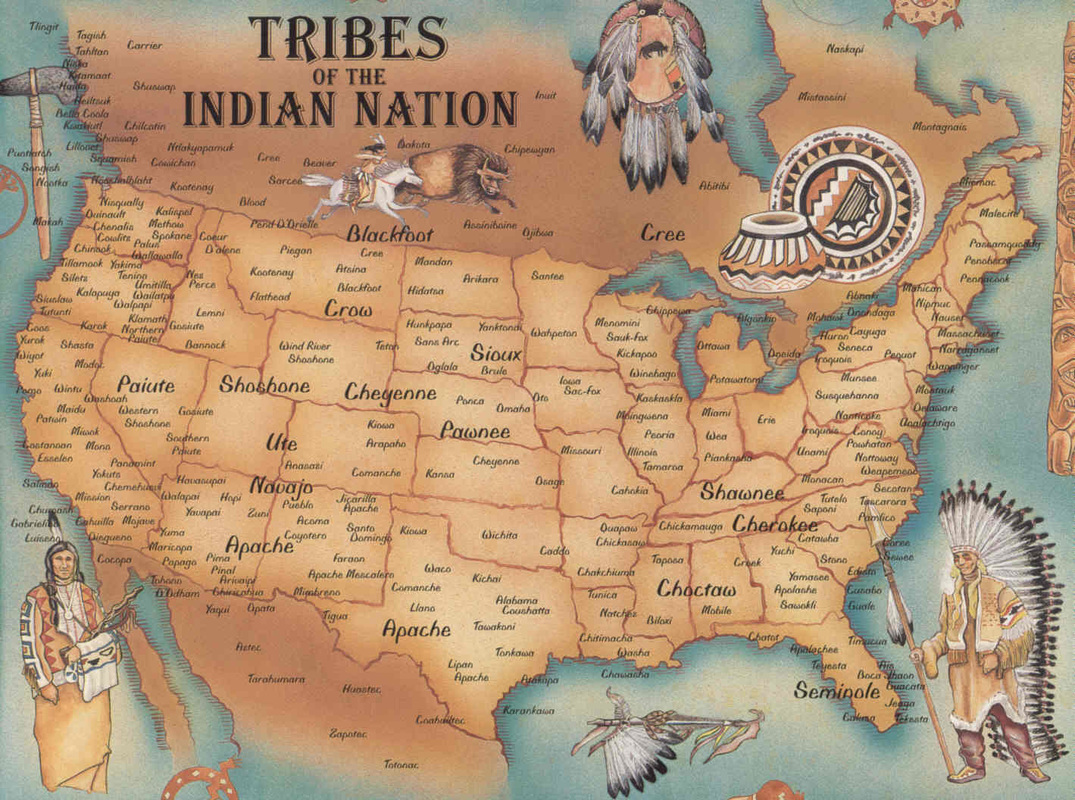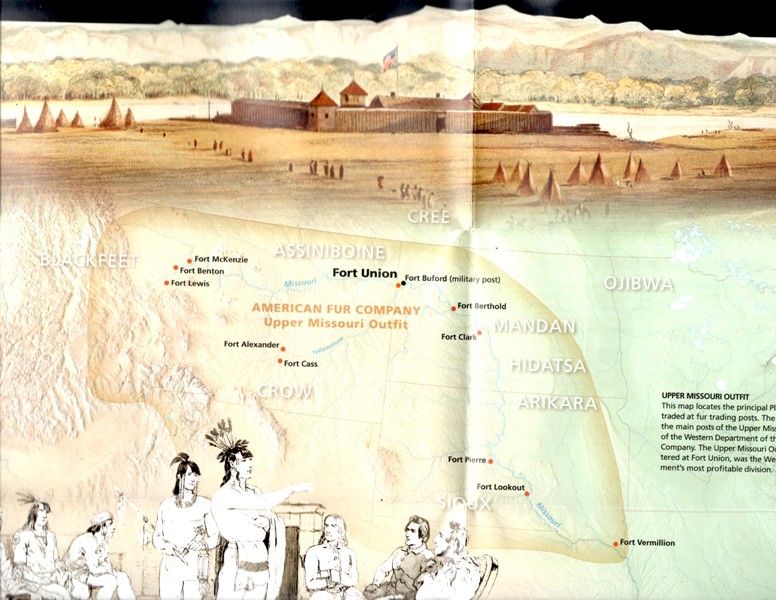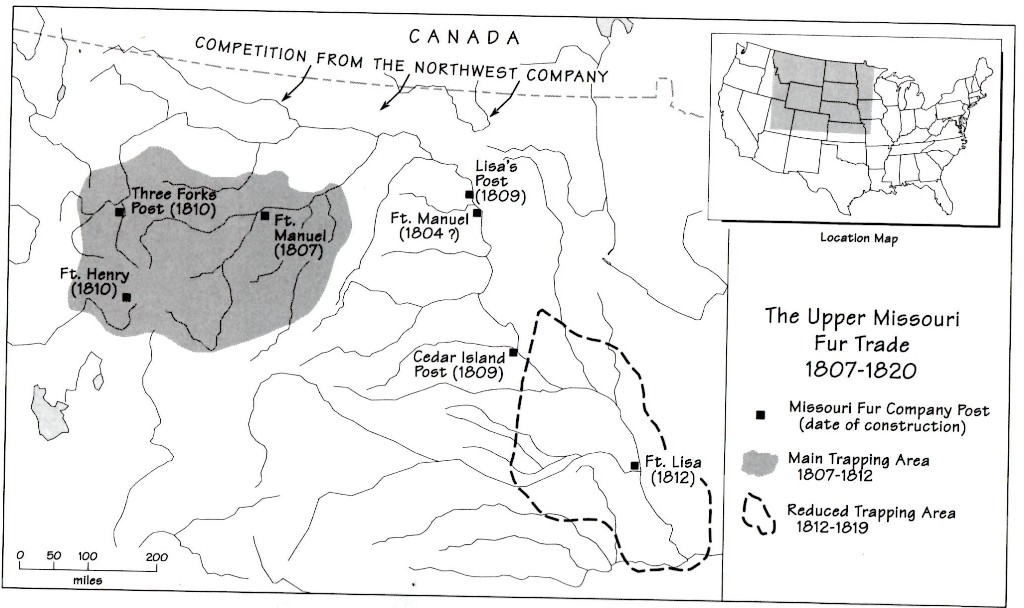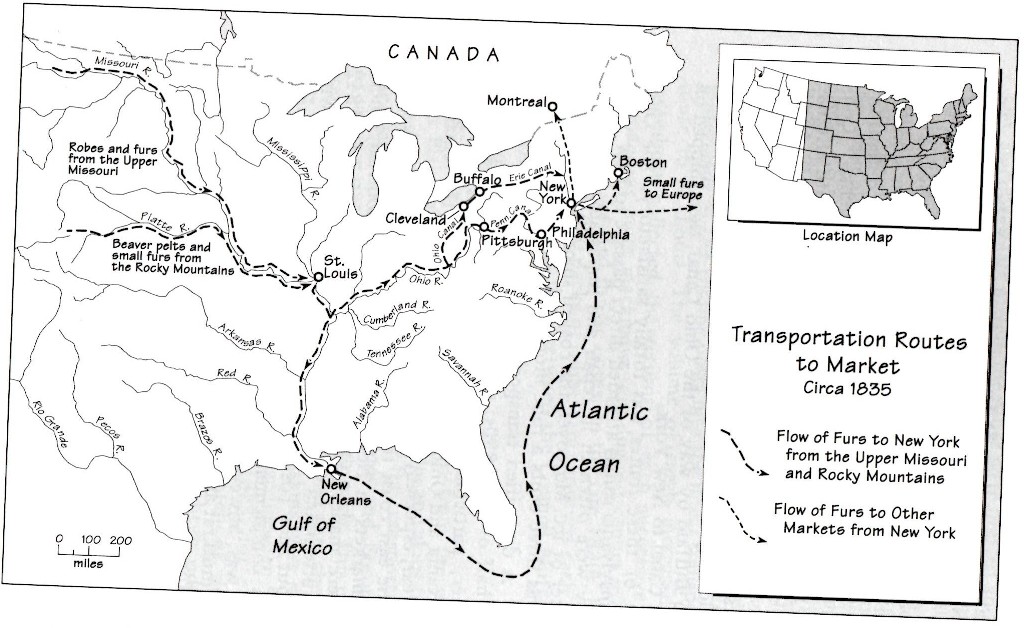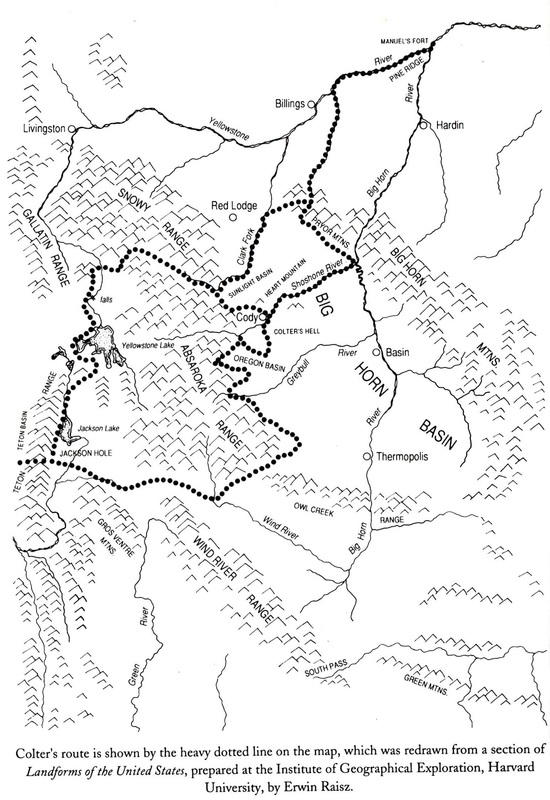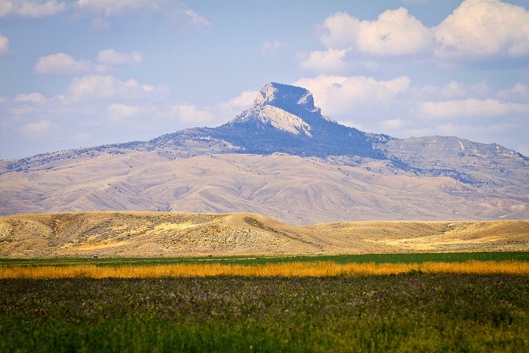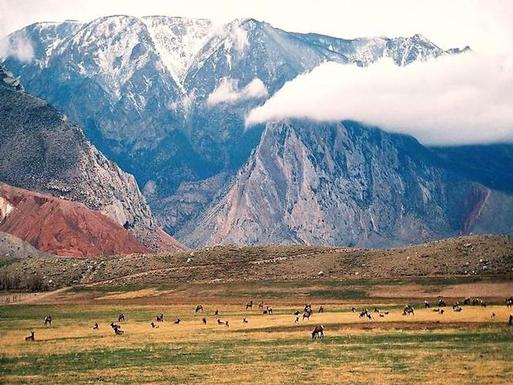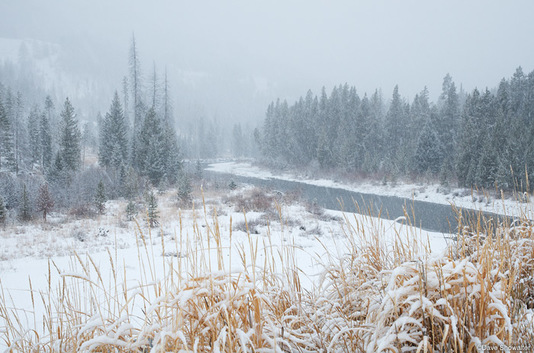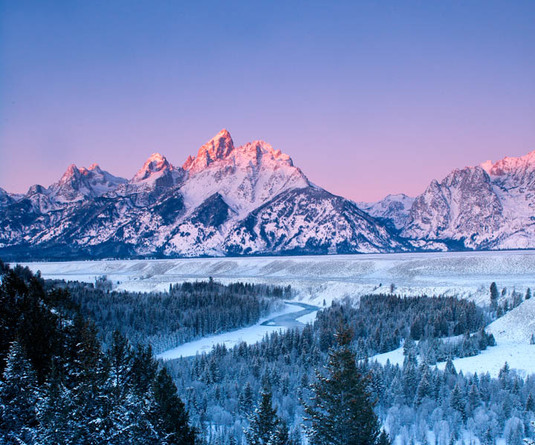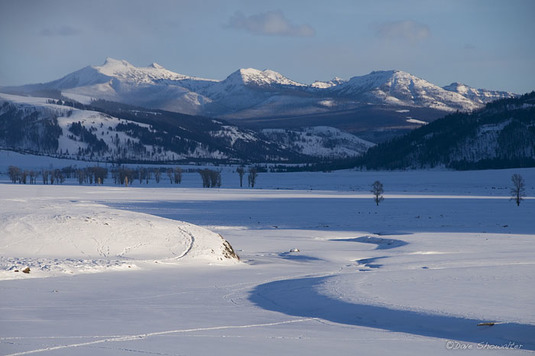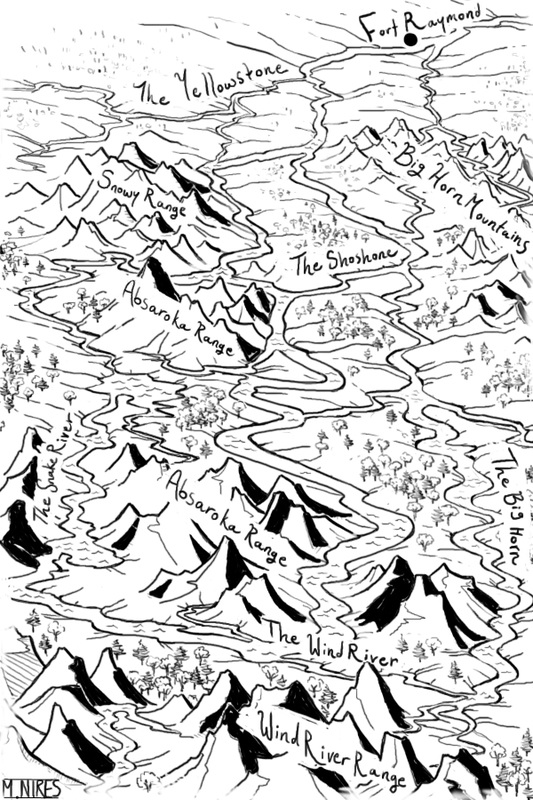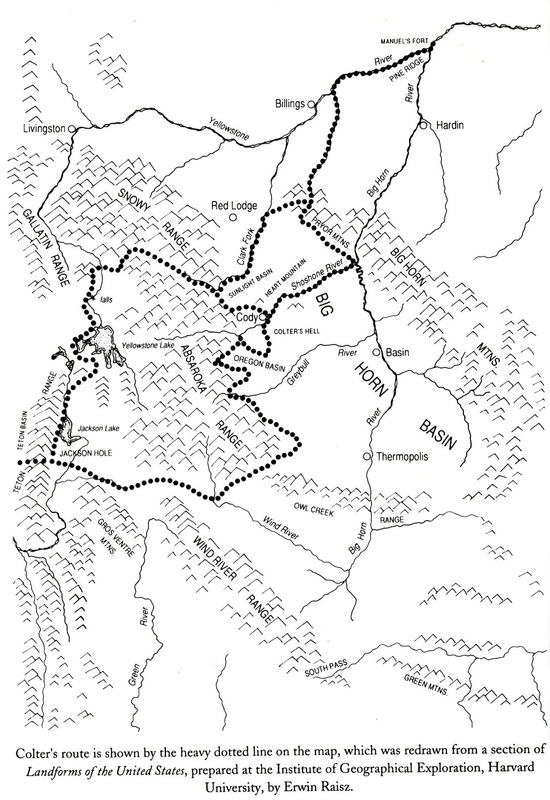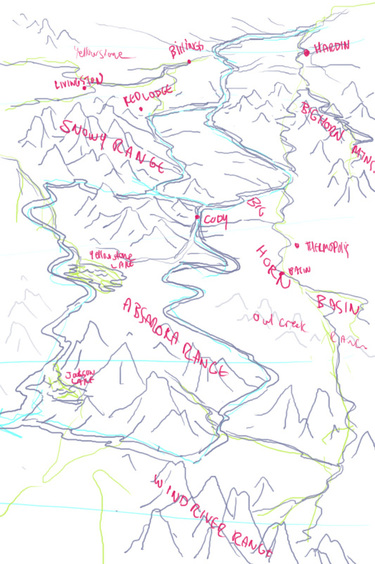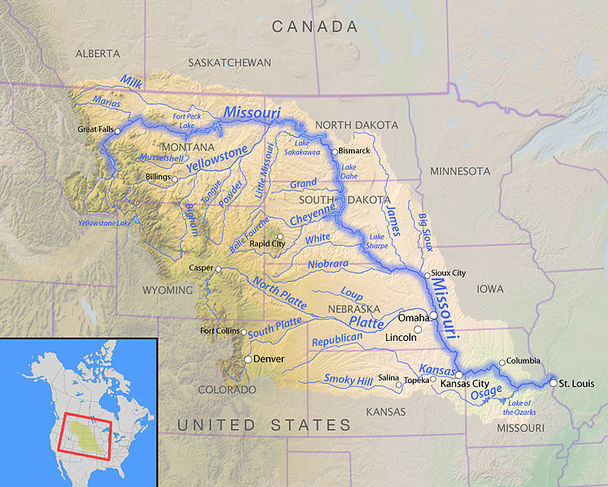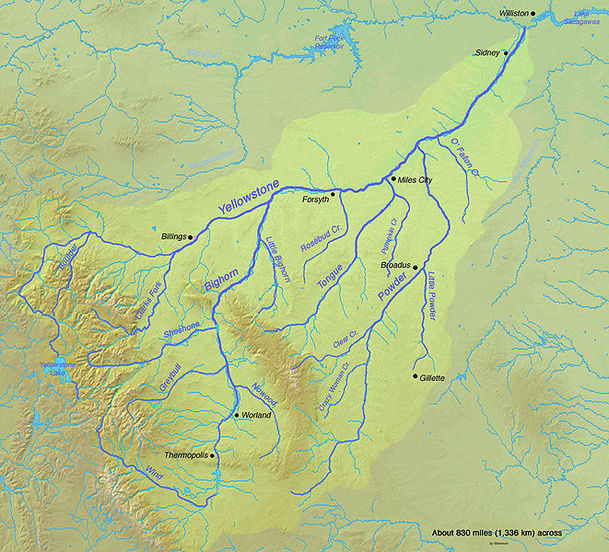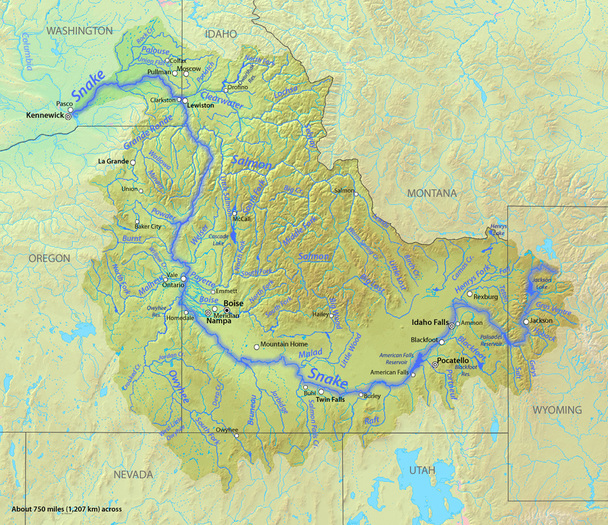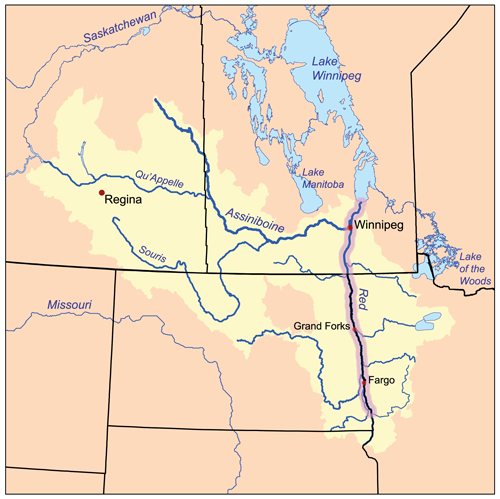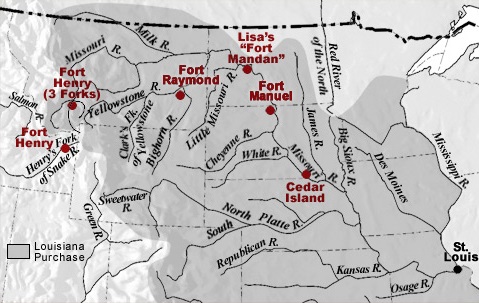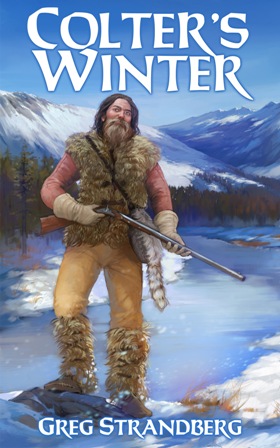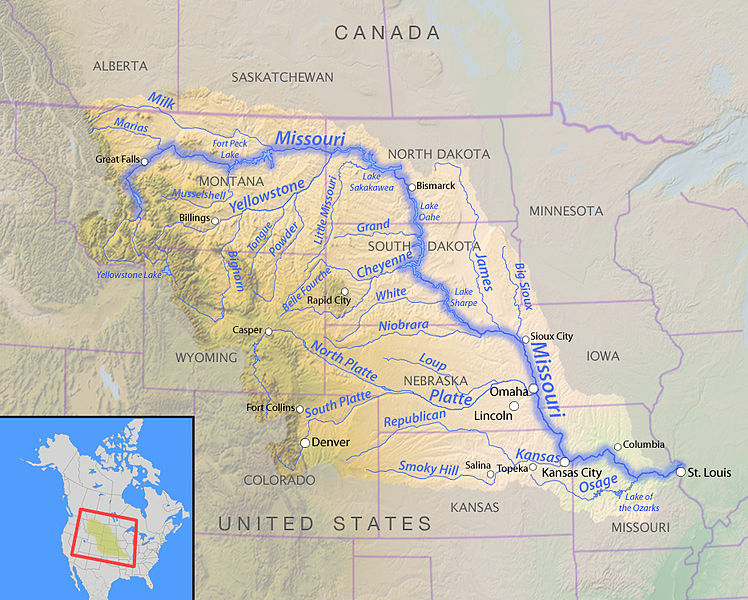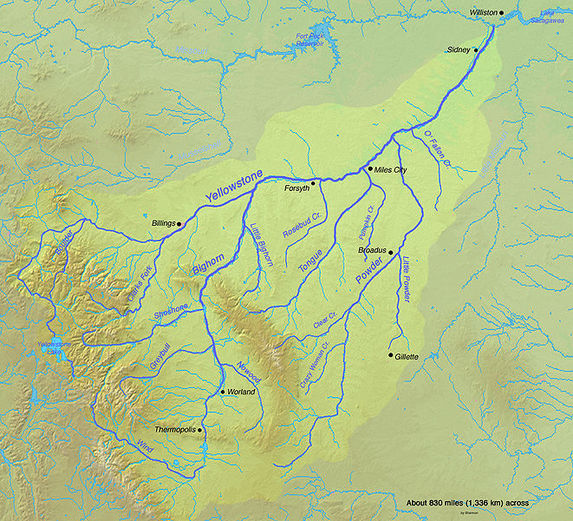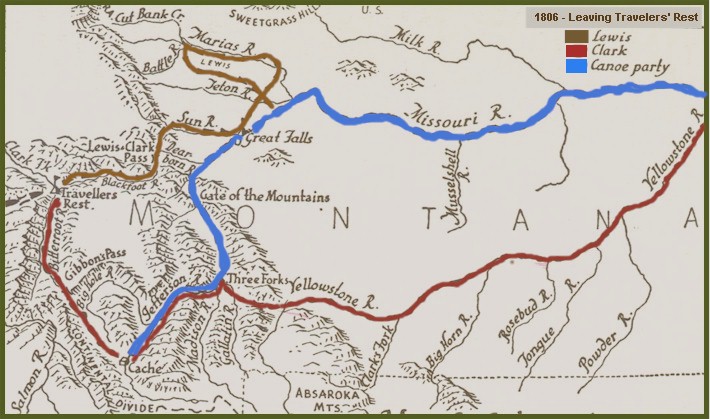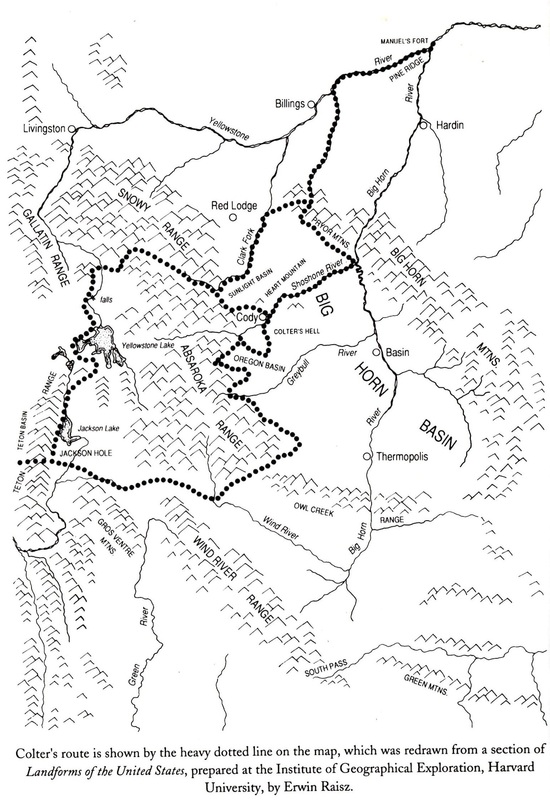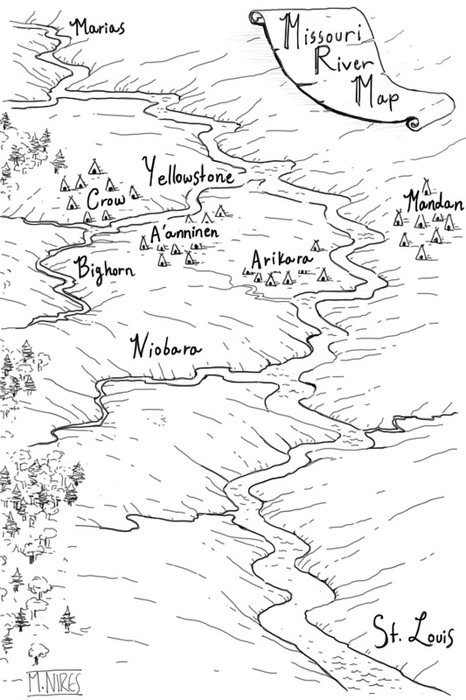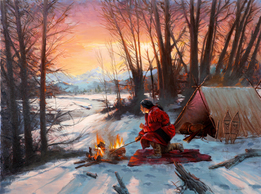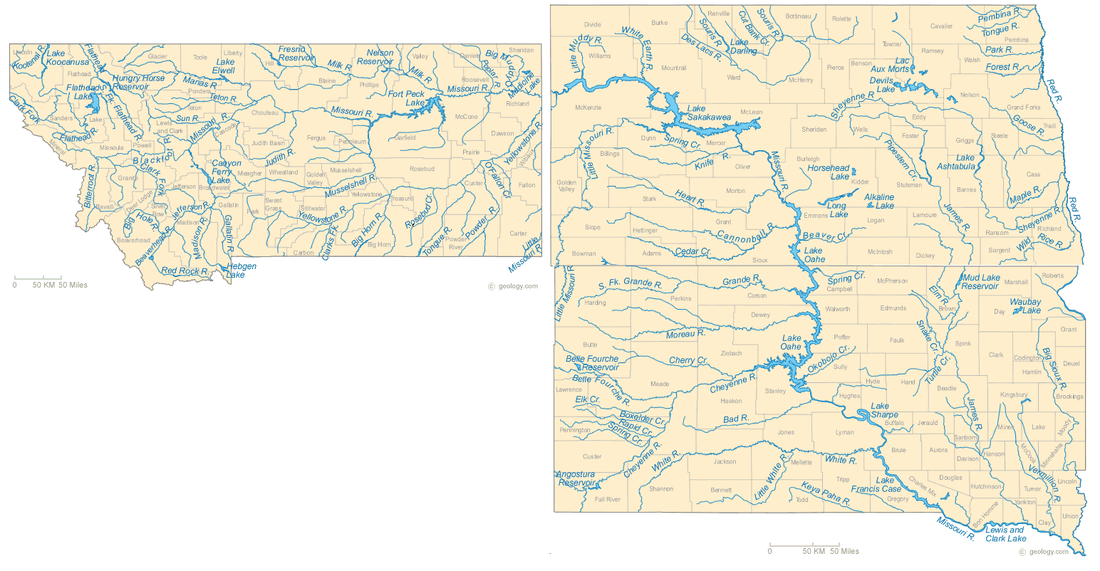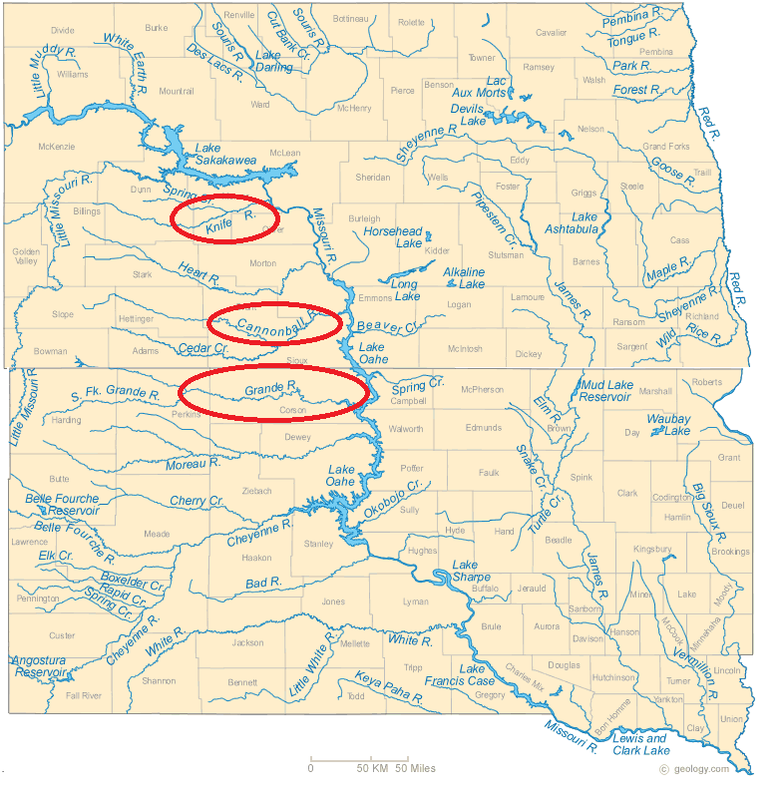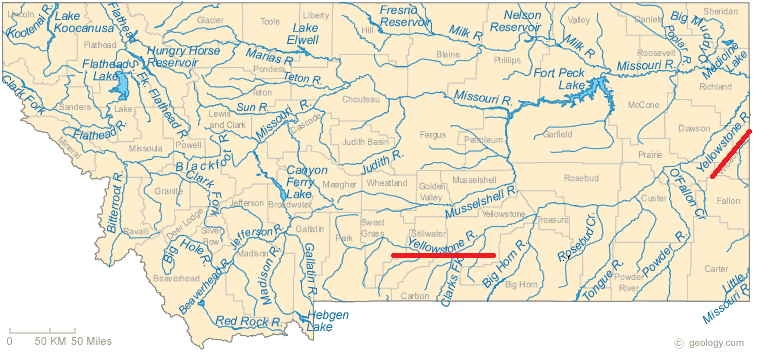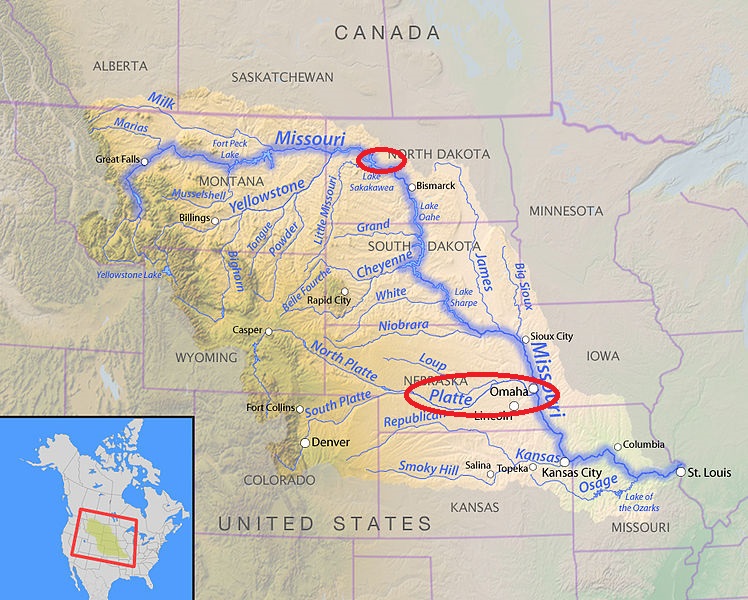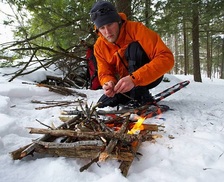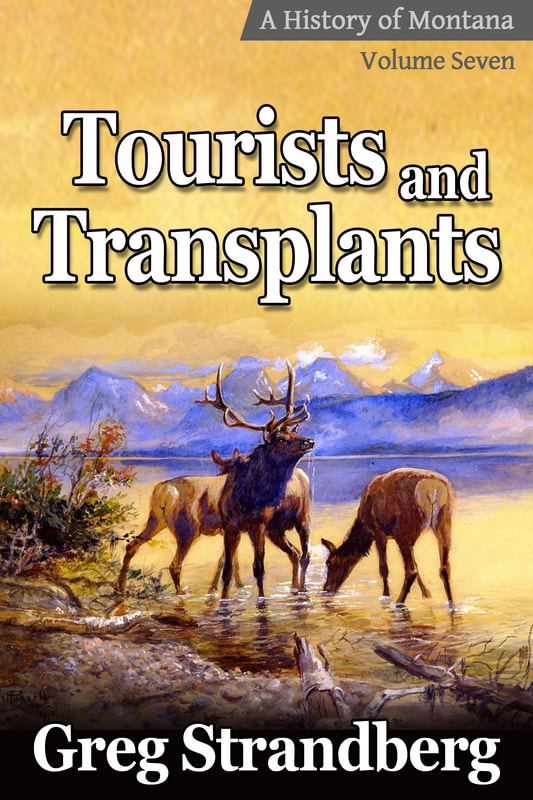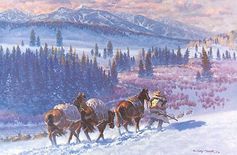
Rose is described as having a “powerful frame, sinister countenance and haughty bearing,” which he used to command “both fear and respect.” Rose was also “sullen, moody and often mysterious.”
“Surely no more colorful or reckless character ever roamed the trans-Mississippi wilderness,” historian Willis Blenkinsop wrote of him in Hafen’s 10-volume history of the mountain men.
We don’t know when Rose was born but we do know that he grew up near Louisville, Kentucky. Although he was only a quarter black, that quarter had come through a lot more than the quarter Cherokee he had in him, or the half white that made up the rest of him.
He owed the latter to his father, a French Canadian trapper, trader and explorer, while the rest of him came from his mother.
At the age of 18 he worked his way to New Orleans as a deckhand on a keelboat. It was there that Rose’s “penchant for robbery and his savage readiness for a fight laid the cornerstone for his later reputation as a ‘celebrated outlaw.’”
New Orleans may have also been the place where Rose received the distinctive and “severe” cut across his nose that earned him the nickname Cut Nose.
Rose got his start in the fur trade by going to St. Louis in 1806 and then signing on with Manuel Lisa’s upriver expedition of 1807. Rose’s “ability to extricate himself from any precarious situation” coupled with his “all-round usefulness” convinced Lisa to send Rose out on a winter trading run to the Crow.
It would be Rose’s first foray into Crow lands and he “soon realized the power a man could wield with a bolt or two of bright cloth, a few iron kettles, some trinkets and a small supply of tobacco.”
Rose lived the high life among the Crow. He already had the dark hair and skin of an Indian and he adopted their style of dress as well, “covering himself with native finery.”
Since “Crow-made clothes and personal adornment were preferred by all the Plains tribes,” Rose was doing quite well for himself indeed. “Plumes, beads and bells glistened and jingled when he moved.” He even “exchanged his favorite rifle for an Indian wife and became an expert with bow and arrow.”
Rose returned to Lisa with no trade goods and few furs to show for their absence. The two men exchanged harsh words over this, which soon turned to blows. It would take 15 men to subdue Rose, and all Lisa could do was escape downriver to St. Louis.
You can read all about this incident in my novel Colter’s Run.
Shunned by his fellow trappers at Fort Raymond, Rose went back to live with the Crow.
One incident comes to us from this second sojourn among the Crows, the incident that gave Rose the nickname Five Scalps. Captain Reuben Holmes is credited with giving us the story.
Supposedly a Hidatsa war party was in a rocky outcrop overlooking a Crow position. The Crow viewed this position as impregnable and hung back.
Rose chastised the Crow braves, calling them dogs and saying they’d “run from a dead badger in the prairie.” He told them to pull open their shirts so he could see if they were actually squaws and not brave warriors.
Rose then charged out and the Crow went with him. Five of the braves fell to a volley of arrows and bullets, however, and the remaining Crow retreated.
Rose made it clear from the expression on his face that he felt nothing but disdain and disgust for the Crow at that point. The Crow, “instead of blaming Rose for his ill-considered bravado,” began to bicker amongst themselves.
Seeing they’d do that all day and all night if left to it, Rose snatched up two shields, an ax and a knife and leapt out to renew the attack.
Right away three bullets struck his shield and Rose fell back and appeared dead. “Then, as though imbued with some magical power, he rose and vaulted over the rocky breastworks” and charged at the Hidatsa once again.
“Paralyzed by the shock of such audacity,” the Hidatsa “were easy prey for Rose” and he took out three of the braves with his ax and wounded two other so badly that they died a short time later.
Rose stayed with the Crow until sometime in 1809, when Andrew Henry found him living amongst the Arikara. Henry hired the trapper as an interpreter, though like most of Rose’s jobs, after doing his duties for a time he helped himself to a large amount of trade goods then left for the Crow.
He shows back up again in 1811 when Wilson Price Hunt was going upriver before setting out overland to Astoria. Rose joined-on with the expedition but quickly became sullen.
Hunt, seeing a way to get rid of him with little loss to his supplies, promised Rose “half a year’s pay, a horse, three beaver traps and other sundry supplies” if he’d leave them and head to the Crow.
That cheered Rose right up and he caused no troubles on the rest of the upriver trip, and may have even mapped out the Big Horn Range for Hunt before the two went their separate ways.
Despite the tumult Rose put Manuel Lisa through in 1808, Lisa hired Rose again in 1812 for an upriver expedition to the Mandan. It didn’t go so well, despite Rose guiding some men to the Wind River that year.
Rose headed downriver when it was done, made it to an Omaha village, and married a chief’s daughter. They had two children, though the close proximity of the village to a trading post meant there was always whiskey.
Rose began drinking heavily, and so bad did his behavior become that he was sent back to St. Louis in chains.
He must have come back, for in 1814 Rose and Toussaint Charbonneau devised a plan to purchase Arapaho women and girl prisoners from the Snake Indians to sell to traders on the Upper Missouri fur posts as wives. Although Rose “supplied much questionable detail,” the plan is thought to have been carried out.
We don’t hear from Rose again until 1820 when he was living with the Arikara once more.
The adventures of Edward Rose would continue for another decade or more until he was killed – along with Hugh Glass – by the Arikara on the frozen Yellowstone River late in the winter of 1832.
That account comes to us from John F.A. Sandford in correspondence to General William Clark dated July 26, 1833.
One of the most outspoken and nefarious mountain men had finally met his match.

